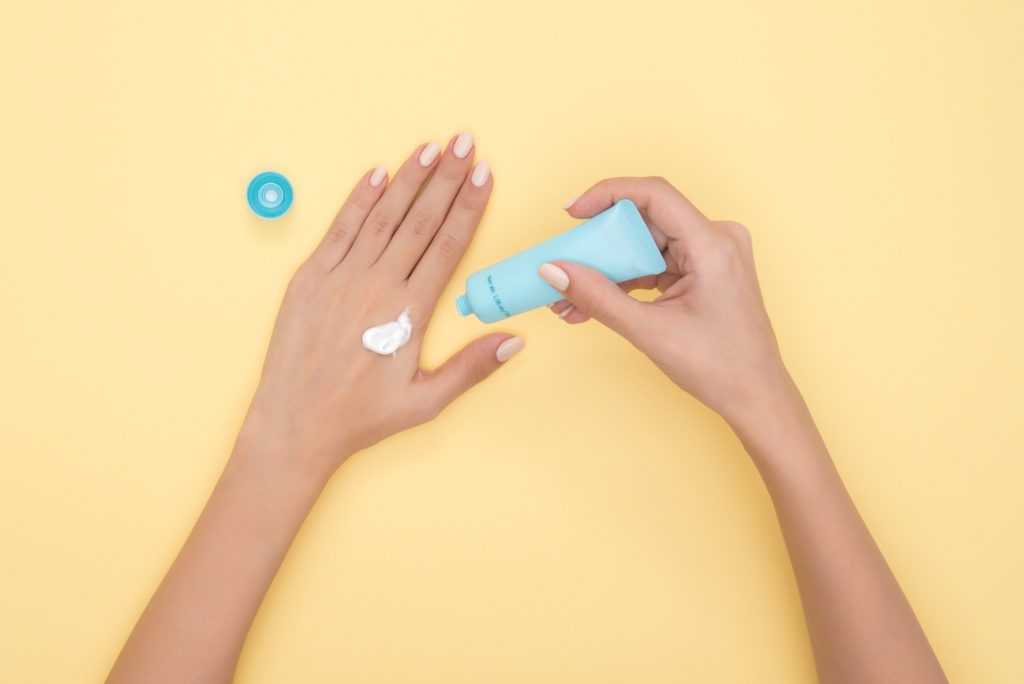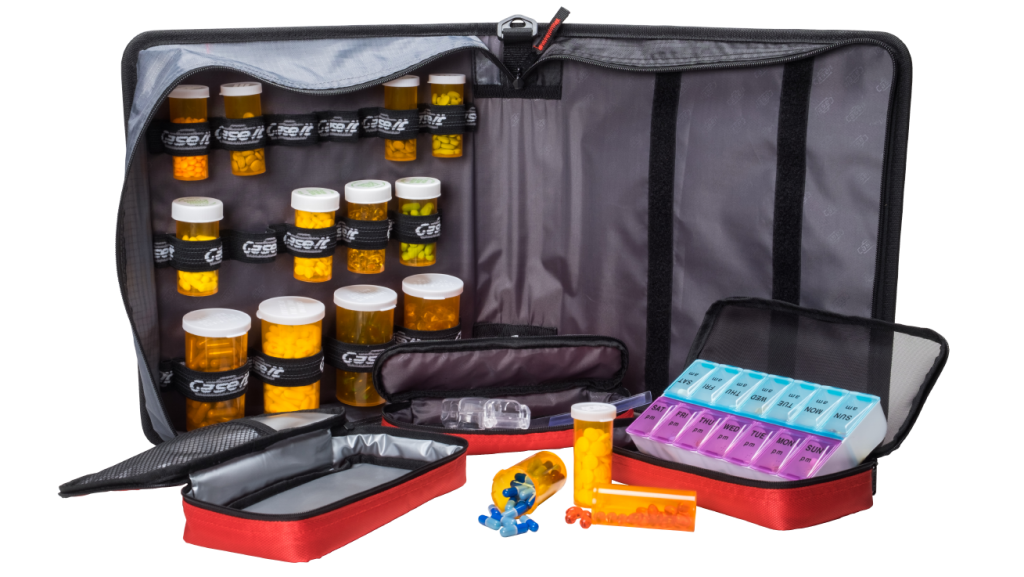How to Reduce Finance-Related Stress
Contributed by Ryan Peterson.
Constant levels of high-stress can lead to health problems, such as high blood pressure, angina, arrhythmia, and heart disease.
There’s no shortage of things that can cause stress in this day and age. Work, technology, the state of the world…the list is endless. Perhaps the one that causes the most stress, in western countries at least, is money. It seems like there’s a significant portion of the public who end up staying awake at night, because they have financial matters on their mind. Let’s take a look at a few tried and tested methods for keeping money-related stress to a minimum.

A Workable Budget
You’ll find it much easier to sleep at night if you know that, at the very least, you’re sticking to a budget that won’t put you in financial difficulties. All too often, people are stressed because they have a sense that their expenses are greater than their income. There are nearly always ways to reduce the amount of money you spend. As well as making sure that your monthly incomings/outgoings are in sync, you should also look at putting some savings to one side. It’s often the surprise expenses that put us in financial difficulties, so a cushion would be very handy!
Continue readingHow to Lower LDL Cholesterol

LDL (low-density lipoprotein) cholesterol carries mostly cholesterol, some protein, and minimal triglycerides throughout your circulation.
LDL cholesterol is commonly referred to as the “bad” cholesterol because it’s deposited along artery walls and if it becomes oxidized it will form a plaque eventually leading to blockage of your arteries. For this reason, physicians like to see low LDL levels. The American Heart Association recommends LDL cholesterol be below 130 mg/dl and ideally less than 100 mg/dl.
Here are four steps to lower LDL cholesterol diet:
#1 Unsaturated Fats
To lower LDL levels evaluate your diet for saturated and trans fats. You want to replace saturated and trans fats with heart-healthy unsaturated fats, such as omega 3 fatty acids.
Saturated fat intake should be limited to less than 7% of your total daily calories.
Sources include meat, milk, cheese, ice cream, butter, lard, shortening, hydrogenated vegetable fat, palm oil, and coconut oil.
#2 Soluble Fiber
Increase dietary fiber, especially soluble fiber. Eat 25-35 grams of fiber daily and of this at least 15 grams should be soluble fiber. Research has shown that for every 1-2 grams of daily soluble fiber intake, LDL (bad) cholesterol is lowered 1%.
Continue readingImproving The Health And Appearance Of Your Skin
Contributed by Ryan Peterson.

Even though your vital organs are important to focus on and keep healthy, we tend to forget about the largest organ of all – the skin. Looking after your skin is just as important as looking after your heart, lungs, or kidney. Here are some tips to improve the health and appearance of your skin.
Drink Plenty Of Water
Water is a great thing for your skin because our skin cells are mostly made up of water anyway. A lack of water will leave our skin feeling very dull and dry. To get more water into your body, make sure you’re always carrying a bottle of water around with you and that you’re asking for water whenever you have a drink in the day. This extra pint or two per day can really make a difference in how your skin feels and looks. Flavor your water with fruit or certain vegetables like cucumber, for example.
Keep Out Of The Sun
Although it’s nice to sit out in the sun, care should be taken to protect your skin from harmful UV rays. Sun cream should be a necessity and nothing something that’s optional. Make sure you’re applying it routinely, and if you feel any part of your body starting to burn, it’s a sign to top up on the SPF. Damage to your skin from sun rays can lead to skin cancer, and so there’s really no excuse not to use sunscreen when you’re laying out in the sun. Try to keep out of it if your skin is sensitive, and wearing hats or caps over your head, can help protect your head and more importantly, reduce the chance of you getting sunstroke.
Continue readingHow Does Technology Impact Your Health?
Contributed by Ryan Peterson.

The latest technology enables you to get in contact with an exceptional cardiac service that helps to monitor your blood pressure. This ensures it is under control and that you are aware of the risks high blood pressure can have on heart health. It’s important to read up as much as possible surrounding the risks and complications of heart health when you suffer from these problems. This will help you to manage your symptoms in the best possible way and ensure friends and family around you are also aware of any important and sudden changes to your health that could impact them too. Using the latest technology will help to regularly keep in contact with your cardiologist so that you are able to monitor your heart health as best as possible.
Sleep
Many people assume sleep can be simply turned on and off, with few environmental factors influencing this part of their life. In reality there are a number of different factors that impact sleep. Light is perhaps the most prominent factor. The blue light emitted by computer screens is very similar to sunlight, making it hard for your body to figure out when it should begin to get tired, and often prevents people from getting a good night’s sleep. It is worth avoiding the use of computers and smartphones right before bed, as you could make it much harder to get a good nights sleep.
How many medications do you take?

A few months ago Viva Life asked me to try one of the Med Manager Travel Cases. I hesitated because being on so many medications is not the end goal I aim for you to achieve. My goal is for you to make dietary and lifestyle changes so medication is not needed.
However, achieving the goal takes time, so if you are on different medications right now, something to help organize your medications may be useful to you.
To give this a fair test I asked my mom to use the travel case. She is dealing with health issues and, unfortunately, has enough medication right now to almost fill the case.
Her overall feedback is positive. She has to travel frequently between her home and stays with family for treatment, so being able to have the meds organized (versus her old system of medication bottles stuffed in a large ziplock bag) makes it much easier to make sure she has everything.
Here are a few notes from mom and one of my sisters who assisted in getting her set up…
Continue readingThe Effect of Sleep-Deprivation to Your Heart and What You Can Do to Prevent It
Contributed by Nicole Keller.

We function better when we get enough sleep. This goes for everyone, from babies to adults. If you are continuously sleep-deprived, your health, including your heart health, will be impacted.
Some studies have found a connection between not getting enough sleep and high blood pressure. High blood pressure increases your risk of stroke and heart diseases.
When you lack sleep, blood sugar tends to rise which increases your risk of diabetes which in turns increases risk of heart disease.
Here are a few things that you can start doing now to prevent sleep-deprivation:
Follow a sleeping schedule. – Decide a specific time when you will go to bed at night – it shouldn’t be too late. Also, designate your waking time and then regularly stick to that schedule.
Continue reading


